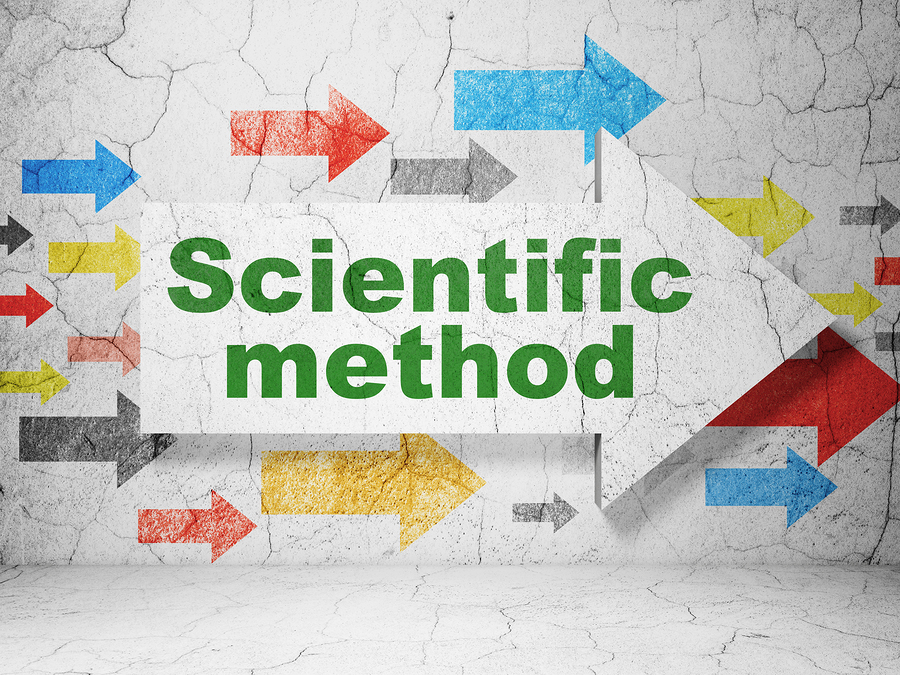
Robohub.org
The importance of research reproducibility in robotics
 As highlighted in a previous post, despite the fact that robotics is increasingly regarded as a ‘Science’, as shown by the launch of new journals such as Science Robotics, reproducibility of experiments is still difficult or entirely lacking.
As highlighted in a previous post, despite the fact that robotics is increasingly regarded as a ‘Science’, as shown by the launch of new journals such as Science Robotics, reproducibility of experiments is still difficult or entirely lacking.
This is quite unfortunate as the possibility of reproducing experimental results is a cornerstone of the scientific method. This situation pushes serious discussions (What’s ‘soft robotics’? Is it needed? What has to be ’soft’?) and paradigm clashes (Good Old Fashioned Artificial Intelligence vs. Deep Learning vs. Embodied Cognition) into the realm of literary controversy or even worse religious territory fights, with quite little experimental evidence supporting the claims of the different parties. Not even wrong, as they say (following Peter Woit’s arguments on String Theory)?
The robotics community has been aware of these issues for a long time and more and more researchers in recent years have published datasets, code and other valuable information to allow others to reproduce their results. We are heading in the right direction, but we probably need to do more.
I think we should therefore welcome the fact that for the first time ever, IEEE R&A Mag. will start accepting R-articles (i.e., papers that report experiments aiming to be fully reproducible) beginning this September. Actually, they will also accept short articles reporting on the replication of R-Article results, and author replies are solicited and will be published after peer-review. The result will be a two-stage high-quality review process. The first stage will be the ordinary rigorous review process of a top-tier publishing venue. The second stage will be the replication of the experiments by the community (which is the core of the scientific method).
This seems like a historical improvement, doesn’t it?
There is more information on this in the column I wrote in the September issue of IEEE Robotics and Automation.
tags: c-Research-Innovation





